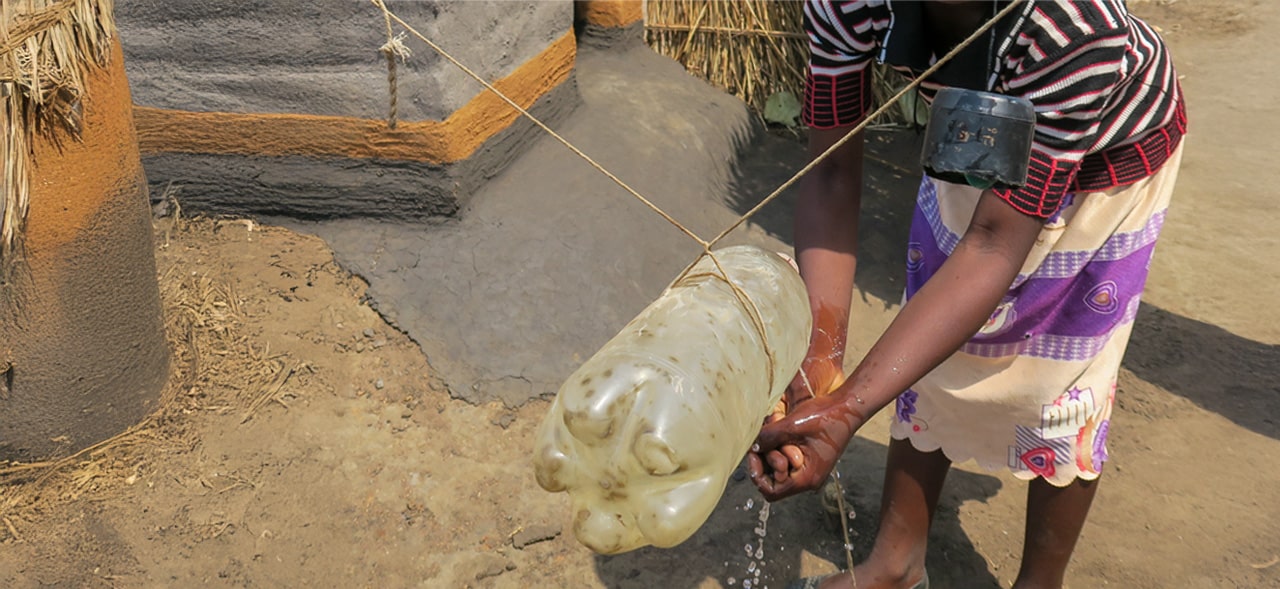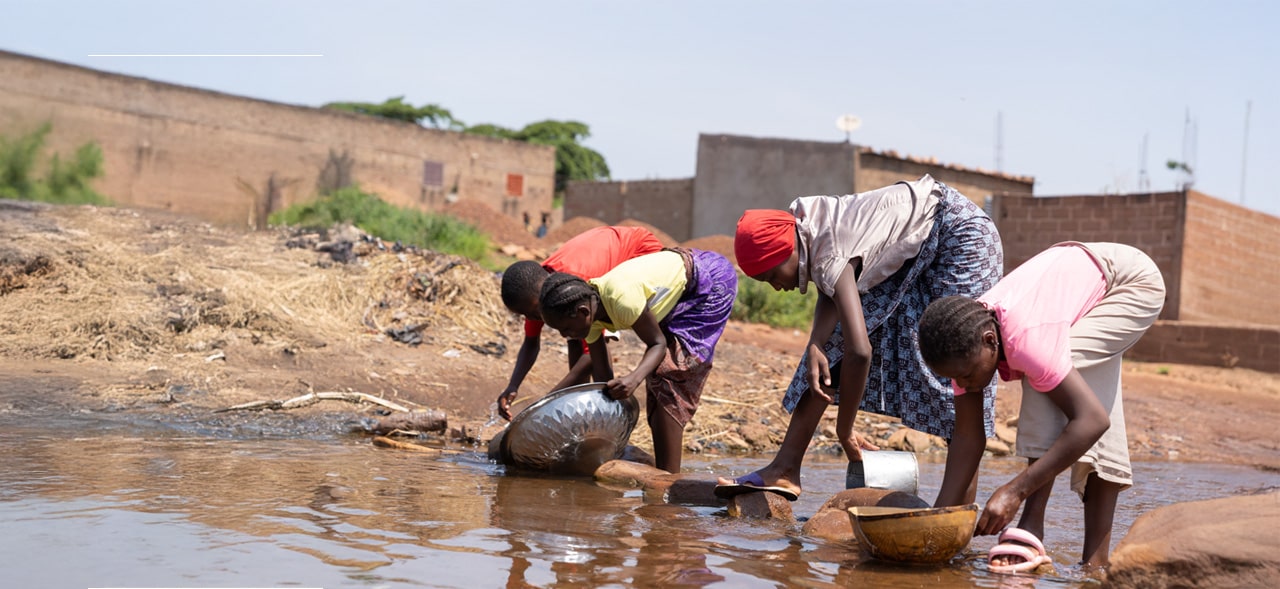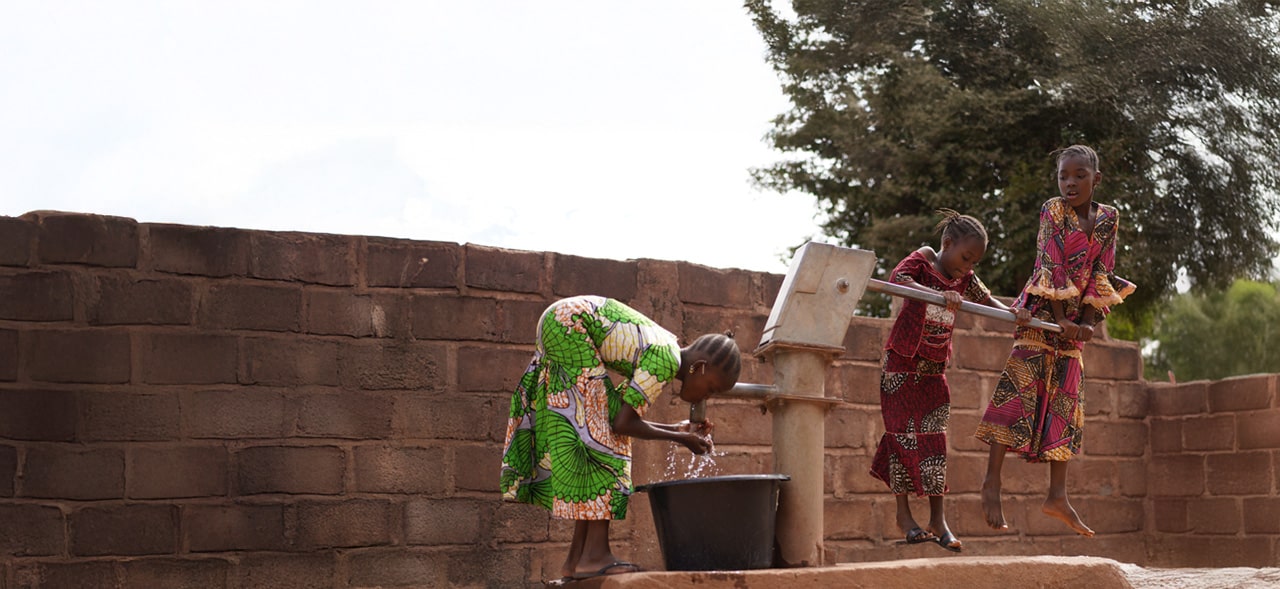CAP V Engagements Mauritius – Carlyle engaged MSC to conduct a comprehensive due diligence assessment for a large microfinance institution (MFI) in India. The project’s objective was to evaluate the operational processes, policies, and procedures of the MFI and compare them with industry benchmarks to assess their robustness.
The MSC team developed a research tool outlining key points for interaction with MFI staff at various levels, which included branches, regional offices, and field locations, as well as with their customers. The tool standardized the data and insights-gathering approach for multiple teams of experts traveling to different branches.
We conducted visits to 20 branches across seven states. which included Uttar Pradesh, Bihar, Madhya Pradesh, Rajasthan, Odisha, West Bengal, and Jharkhand. MSC visited 27 centers and interviewed 128 clients for key informant interviews (KIIs) to gain insights from the field.
The MSC team conducted a comprehensive review of the investee MFI’s documentation and processes:
- The client loan documents, registers/files, and other branch records are maintained at the selected branches.
- The review included a thorough check of the loan origination system, loan application process, credit underwriting, loan collection and disbursement processes, delinquency management, and related MIS reports.
In addition to document reviews, the team held deliberations with various stakeholders, including customer service representatives (CSRs), branch managers, branch quality heads, area managers, and senior management at the head office. Meetings with senior management and functional heads at the head office further complemented the study’s findings.
For operational due diligence, MSC utilized an analysis framework, which covered 14 critical parameters that directly impacted an MFI’s operating procedures. MSC prepared a detailed report to compare the MFI’s current operations against industry benchmarks and key competitors, such as Bandhan Bank, Bharat Finance India Limited, Ujjivan SFB, Annapurna Microfinance (AFPL), and other players.
The MSC team submitted a final due diligence report, which provided CAP V Engagements Mauritius – Carlyle with crucial insights to make a go or no-go decision on investing in the NBFC-MFI.




